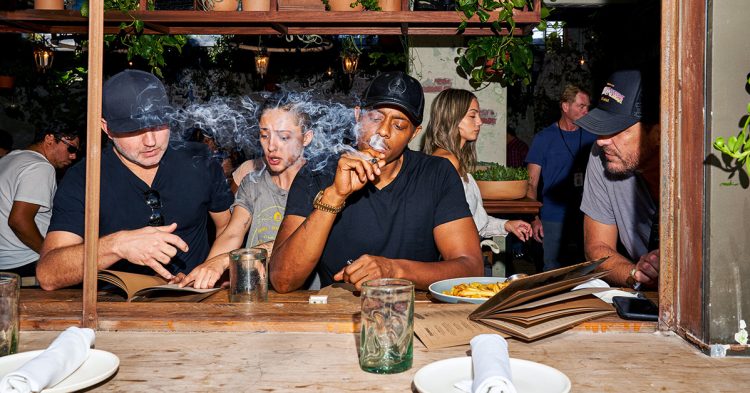On Monday September 30th, 2024, Governor Gavin Newsom signed AB 374 into law, legalizing cannabis consumption lounges in California. These new cannabis cafes will allow customers to purchase and consume cannabis on-site, along with enjoying non-infused food, non-alcoholic drinks, and live entertainment. The law will go into effect on January 1, 2025, pending approvals from local governments.
Assemblymember Matt Haney, who sponsored the bill, stated that these cafes will provide safe spaces for social cannabis consumption while stimulating economic and cultural growth. “Lots of people want to enjoy legal cannabis in the company of others,” Haney said, adding that this move will create “massive economic, cultural, and creative opportunities for the state.”
The passing of AB 374 addresses a long-standing gap in California’s cannabis laws by legalizing public consumption spaces. A few locations, such as National City, had already passed local ordinances permitting cannabis cafes, but statewide legal approval had lagged until now.
Governor Newsom had previously vetoed a similar bill in 2023 due to concerns over worker protections. This updated version of the law resolves those issues by ensuring that employees in cannabis lounges are protected from secondhand smoke exposure and other safety risks.
Which is exactly what Haney said he did this year when he drafted AB 1775.
The opening of cannabis cafes across the state is expected to bring significant benefits, both economically and culturally, as California continues to set trends in the legal cannabis industry.
Under AB 1775, cannabis cafes will be able to host live music and serve non-cannabis-infused food and drinks, creating more vibrant social spaces for the community. However, local governments will have the final say on where these cafes can be established.
Ayon and others believe that these cafes will encourage safe and responsible consumption in designated areas, reducing public consumption risks. “There’s lots of consequences of not having safe spaces to consume,” Ayon said, adding that cities may become more open to the idea now that state laws have created a clear regulatory framework.









